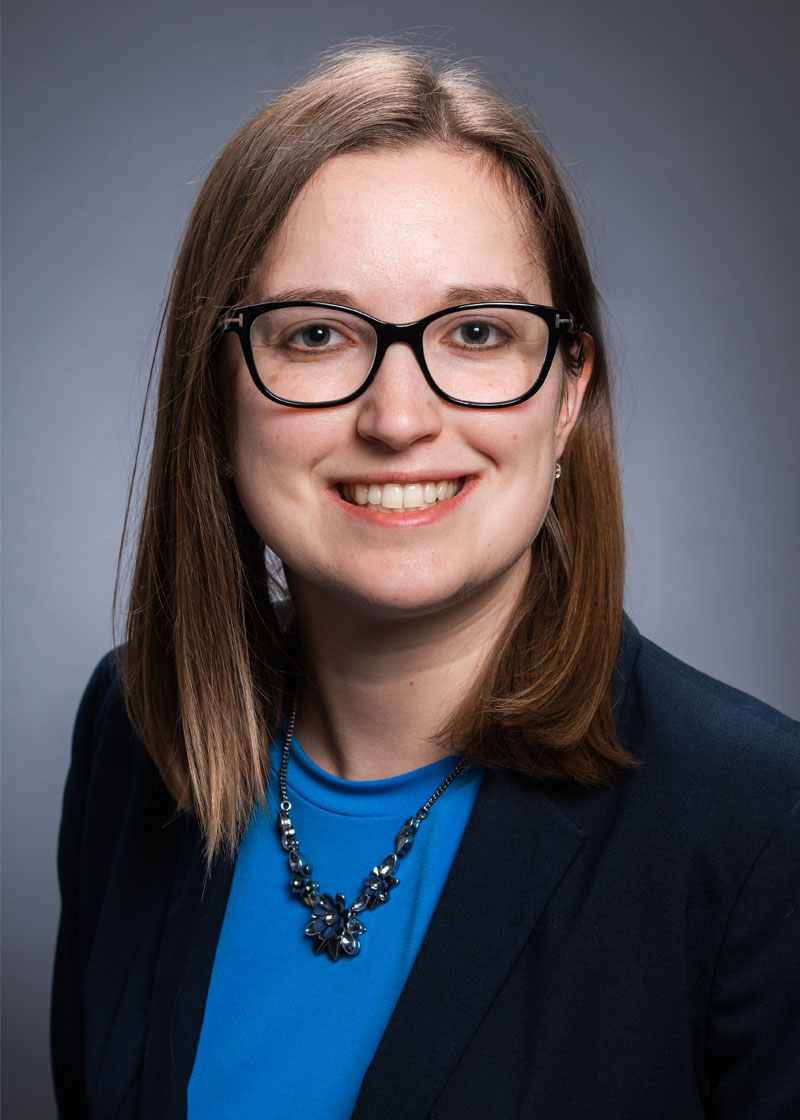What brought you to the UAB School of Public Health?
When I was looking for a faculty position, I was looking for a school with both exciting health research opportunities and a highly collaborative and collegial environment. I visited UAB and could sense it was the perfect fit for me – both from a research standpoint and from a people standpoint.
What is the broad focus of your research?
My research spans a few broad areas. First, I collaborate with researchers across disciplines to design studies and perform statistical analyses. Some of my current collaborations are in the areas of environmental health, cancer disparities research and research with the REGARDS study. I also develop statistical methods for observational studies aimed at evaluating health disparities and the effects of complex environmental exposures. I am passionate about developing methods that arise from the statistical challenges I encounter in my collaborations.
Where did you receive your training and degrees?
I pursued my B.A. in Mathematics at Colorado College. I earned my M.S. and Ph.D. in Biostatistics from the University of Iowa.
What is the most exciting project you are currently working on?
I am leading the development of a statistical method that can be used to model the complex relationships between environmental mixtures and health outcomes. The field of environmental epidemiology has placed an increasing emphasis on understanding the effects of mixtures of metals, chemicals and pollutants rather than a single exposure in isolation. A method that has gained significant traction to model mixture effects is called Bayesian Kernel Machine Regression (BKMR), but it makes several assumptions that if not met in practice, may result in incorrect conclusions. While working on some research collaborations, I encountered multiple situations where the homoscedasticity assumption (assumption of constant variance of the error terms) did not hold. Our method relaxes this assumption, allowing researchers to draw conclusions about the mixture effect in these settings. We are also developing an R package to facilitate our method’s use in practice.
What is your favorite self-authored manuscript?
My favorite self-authored manuscript is called “Causal decomposition maps: An exploratory tool for designing area-level interventions aimed at reducing health disparities” published in Biometrical Journal. In this paper, my coauthors and I developed a method that allows researchers to quantify the potential effect of area-level interventions (e.g., adding a new healthy food store or physical activity facility to a ZIP code) on reducing the difference in health outcome (e.g., cancer incidence) between ZIP codes with certain characteristics. Our method illustrates how disease maps might change and how much the disparity of interest may decrease with different area-level interventions. We developed this method to better understand rural-urban differences in colorectal cancer incidence at the ZIP code-level in Iowa.
What professional accomplishment are you most proud of so far in your career?
Becoming an Assistant Professor at UAB is my greatest professional accomplishment. Since I was an undergraduate, I had wanted to become a professor at a research university to conduct health research and mentor students. While at UAB, I would say the accomplishment I am most proud of is being awarded my first pilot grant as PI through the CCTS Statistical and Analytic Methods Development mechanism. Eventually, I hope to obtain an R01 grant for statistical methods development, and this pilot funding is the first step toward helping me get there.
What is the coolest training or program you've been a part of, or your favorite conference you've attended?
Hands down the Iowa Summer Institute in Biostatistics! As an undergraduate, I participated in this NIH/NHLBI-funded institute, which opened my eyes to the field of biostatistics. Before participating, I wasn’t sure how I wanted to use my math degree, but the institute introduced me to a career path where I could use my math background to have a positive impact on peoples’ health.
What kind of research would you like to be doing that you haven’t yet had the opportunity to do?
I would like to get involved with research that aims to reduce opioid overdoses and opioid misuse. I have never worked on research in this area, but the opioid epidemic has unfortunately impacted people in my life and continues to be a large problem across the country. Engaging in this type of research would be meaningful to me both personally and professionally.
If you weren’t in academia, what would your career be?
A professional rock climber!
